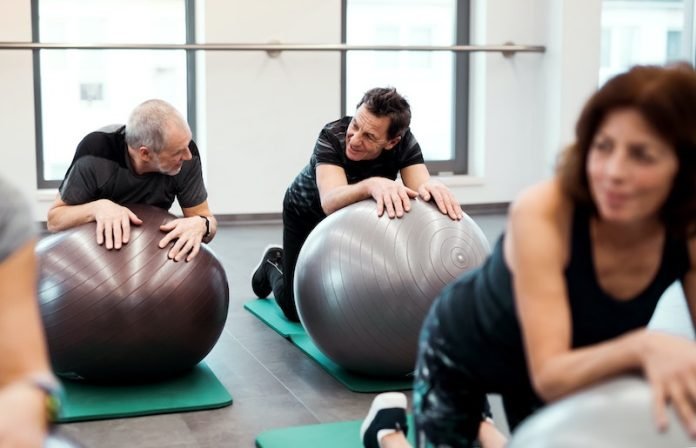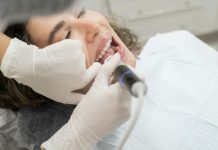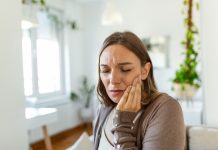
A new study investigated whether there was an association between physical activity and functional recovery in the first 6 months after a stroke.
Researchers assessed the level of physical activity in the first 6 months after stroke among individuals with similar physical activity patterns over time.
They tested the association between physical activity trajectories and functional recovery at 6 months after stroke.
The study involved 1367 participants who were recruited between 2 and 15 days after stroke onset and followed up for 6 months. Physical activity was assessed at 1 week, 1 month, 3 months, and 6 months.
The participants were stratified into two physical activity trajectory groups increaser and decreaser.
The increaser group demonstrated a significant increase in physical activity level and sustained it at light intensity from 1 week to 6 months, whereas the decreaser group showed a decline in physical activity and eventually became inactive.
The researchers found that male participants and those with normal cognition had higher odds of being in the increaser group, regardless of stroke severity.
Increasing physical activity and sustaining it at light intensity was associated with a good functional outcome at 6 months.
The study suggests that interventions targeting individuals with decreasing physical activity in the subacute phase of a stroke may play a role in improved functional outcomes.
The findings of the study are consistent with previous research that physical activity is crucial for recovery after stroke.
Exercise is known to enhance both brain and body capacity to aid in stroke recovery, promote brain plasticity, and improve recovery at the cellular level.
Exercise is also known to boost stroke patients’ mobility and reduce their risk of falls, depression, and heart disease.
The study’s findings may spur ways to target people whose physical activity drops in the wake of a stroke. This would allow an improvement in functional outcomes after a stroke.
In conclusion, the study highlights the importance of physical activity in recovery after a stroke.
The findings suggest that interventions targeting individuals with decreasing physical activity in the subacute phase of a stroke may play a role in improved functional outcomes.
The study’s results can inform the development of post-stroke rehabilitation programs that include physical activity interventions.
How to recover quickly after a stroke
Recovering from a stroke can be a long and challenging process, but there are steps that can help improve recovery and potentially speed up the process. Here are some tips for recovering quickly after a stroke:
Follow the treatment plan: It’s essential to follow the treatment plan provided by healthcare professionals, including medication, rehabilitation, and therapy sessions.
Be patient: Recovery takes time, and it’s important to be patient and not get discouraged. Celebrate small achievements and progress made along the way.
Exercise regularly: Regular exercise can help improve physical function, strength, and endurance. Consult with a healthcare provider to determine appropriate exercises and physical activities based on the individual’s needs and abilities.
Eat a healthy diet: Eating a healthy, balanced diet can help improve overall health and recovery after a stroke. A diet rich in fruits, vegetables, whole grains, and lean proteins is recommended.
Manage stress: Stress can have a negative impact on recovery. Finding ways to manage stress, such as practicing relaxation techniques, mindfulness, and meditation, can be helpful.
Seek support: Having a support system, including family, friends, and healthcare professionals, can help with emotional support and practical assistance.
Stay active mentally: Mental stimulation, such as reading, puzzles, and social interaction, can help improve cognitive function and prevent depression.
Practice self-care: Taking care of oneself, including getting enough rest, staying hydrated, and avoiding smoking and excessive alcohol consumption, can help improve recovery after a stroke.
In summary, recovering quickly after a stroke requires patience, adherence to treatment plans, regular exercise, a healthy diet, stress management, seeking support, mental stimulation, self-care, and above all, a positive attitude.
It’s essential to work closely with healthcare professionals to develop a personalized recovery plan and receive ongoing care and support.
If you care about brain health, please read studies about how the Mediterranean diet could protect your brain health, and diets high in flavonoids could help reduce stroke risk.
For more information about brain health, please see recent studies about antioxidants that could help reduce dementia risk, and common high blood pressure drug may treat vascular dementia.
The study was published in JAMA Network Open.
Copyright © 2023 Knowridge Science Report. All rights reserved.



